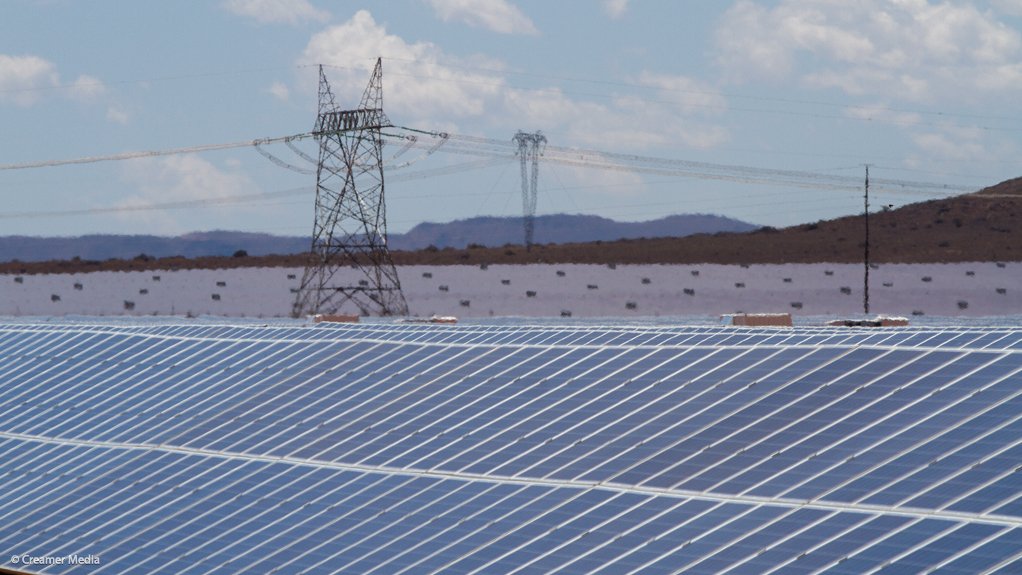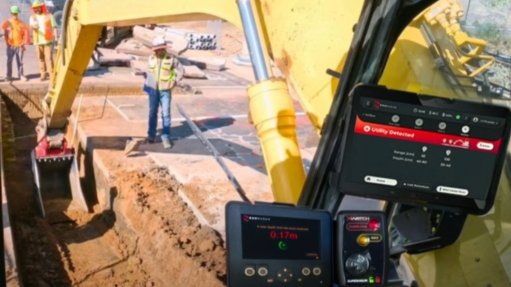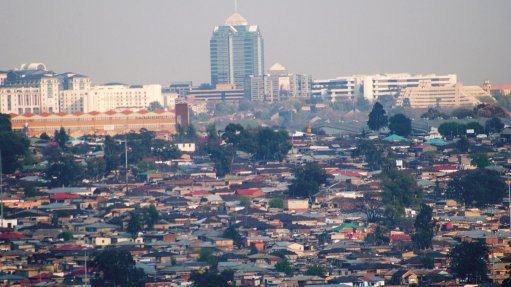Municipal credit risk poses big challenge as Eskom gears up to implement virtual wheeling
The credit risk associated with municipalities in arrears to Eskom poses a challenge to the roll-out of the utility’s proposed virtual wheeling platform and is also likely to limit the ability of corporates with distributed facilities to rely exclusively on virtual wheeling as currently conceived to meet their net-zero commitments.
Eskom aims to launch the platform – which allows for one or more generators to transact with multiple customers that have disbursed operational footprints, including ones located in municipal distribution areas – in the second half of 2024.
The platform is being developed jointly by Eskom and telecoms group Vodacom, through its subsidiary Mezzanine.
It is currently being piloted and validated using a combination of electricity wheeled from Vodacom’s campus in Midrand, Gauteng, and purchased directly from the utility to power 740 mobile telecoms towers.
Vodacom is hoping to use virtual wheeling to meet its 2030 net-zero goal across its South African business, which includes 15 000 base stations located on sites that are too small to be powered by on-site renewable generators.
While the platform has been structured to ensure that no changes must be made to existing supply agreements and billing systems, Eskom will only pursue such arrangements with municipalities in “good standing” with regard to their payment of Eskom accounts.
The platform will generate a single electricity bill for the buyer, which can be a corporate or a trading entity, that includes both Eskom and independent power producer (IPP) electricity charges. Eskom then refunds the buyer for the overcharged portion of the bill.
Mezzanine CEO Jacques de Vos indicated during a webinar that its simulations show that 56% of municipalities are not currently in good standing with Eskom and will, thus, not be eligible for the refund.
“So, until we have solved the municipal credit risk issue, a buyer will not be able to get to a net-zero position through the virtual wheeling mechanism alone and will need a combination of mechanisms, [such as] embedded generation, traditional wheeling and virtual wheeling,” De Vos said during a presentation hosted by EE Business Intelligence.
From a financial perspective, electricity traders and aggregators were expected to play a key mitigation role by not only blending supply profiles of customers to enable them to meet their decarbonisation goals, but also to “blend the municipality risk”.
The cashflows to fund the transactions were provided by the buyer and given that the scheme was based on refunds for overpayment there was also an incentive for the municipality to pay Eskom, given that the alternative to virtual wheeling was likely to arise in the form of embedded generation that would directly erode municipal revenues.
Nevertheless, Eskom would not contract with defaulting municipalities and, as of March, 136 of the country’s 257 municipalities were in arrears to the tune of more than R65-billion.
Andre Nepgen, who heads Discovery Green, the subsidiary of the Discovery Group pursuing an electricity trading licence, and which viewed wheeling as central to corporates meeting their net-zero ambitions, believed there were ways to manage the municipal credit risk in the short term.
He said it would be crucial to ensure that there were enough customers in municipal areas in good standing, and warned of even bigger problems should traders and corporates entirely evade municipalities outside of that category.
The alternative of avoiding the virtual wheeling risk, Nepgen argued, would be worse, it would result in less renewables generation and a perpetuation of loadshedding.
Meridian Economics MD Grové Steyn argued during the webinar that “tweaks” to the virtual wheeling framework could reduce the risks further and revealed that Meridian planned to publish a paper containing its proposals in this regard in the coming weeks.
The paper would make the case for an electricity credit token system, which Steyn argued would substantially lower procurement risk for customers by creating a liquid secondary market and, thus, enable customers to secure 100% green electricity.
The tokens, he indicated, would not be dependent on municipal bulk account payments and would reduce Eskom's municipal payment risk over time as more power was paid for by means of tokens.
He said the token scheme being developed would be designed to work with the current power market as well as the future competitive market and would not require any approval by the National Energy Regulator of South Africa, as it would be a financial product.
Article Enquiry
Email Article
Save Article
Feedback
To advertise email advertising@creamermedia.co.za or click here
Projects
Latest Multimedia
Latest News
Showroom
Rooted in the hearts of South Africans, combining technology and a quest for perfection to bring you a battery of peerless standing. Willard...
VISIT SHOWROOMZF Aftermarket is the after-sales division of the world-renowned German ZF group, a global leader in mobility technology.
VISIT SHOWROOMPress Office
Announcements
What's On
Subscribe to improve your user experience...
Option 1 (equivalent of R125 a month):
Receive a weekly copy of Creamer Media's Engineering News & Mining Weekly magazine
(print copy for those in South Africa and e-magazine for those outside of South Africa)
Receive daily email newsletters
Access to full search results
Access archive of magazine back copies
Access to Projects in Progress
Access to ONE Research Report of your choice in PDF format
Option 2 (equivalent of R375 a month):
All benefits from Option 1
PLUS
Access to Creamer Media's Research Channel Africa for ALL Research Reports, in PDF format, on various industrial and mining sectors
including Electricity; Water; Energy Transition; Hydrogen; Roads, Rail and Ports; Coal; Gold; Platinum; Battery Metals; etc.
Already a subscriber?
Forgotten your password?
Receive weekly copy of Creamer Media's Engineering News & Mining Weekly magazine (print copy for those in South Africa and e-magazine for those outside of South Africa)
➕
Recieve daily email newsletters
➕
Access to full search results
➕
Access archive of magazine back copies
➕
Access to Projects in Progress
➕
Access to ONE Research Report of your choice in PDF format
RESEARCH CHANNEL AFRICA
R4500 (equivalent of R375 a month)
SUBSCRIBEAll benefits from Option 1
➕
Access to Creamer Media's Research Channel Africa for ALL Research Reports on various industrial and mining sectors, in PDF format, including on:
Electricity
➕
Water
➕
Energy Transition
➕
Hydrogen
➕
Roads, Rail and Ports
➕
Coal
➕
Gold
➕
Platinum
➕
Battery Metals
➕
etc.
Receive all benefits from Option 1 or Option 2 delivered to numerous people at your company
➕
Multiple User names and Passwords for simultaneous log-ins
➕
Intranet integration access to all in your organisation




















